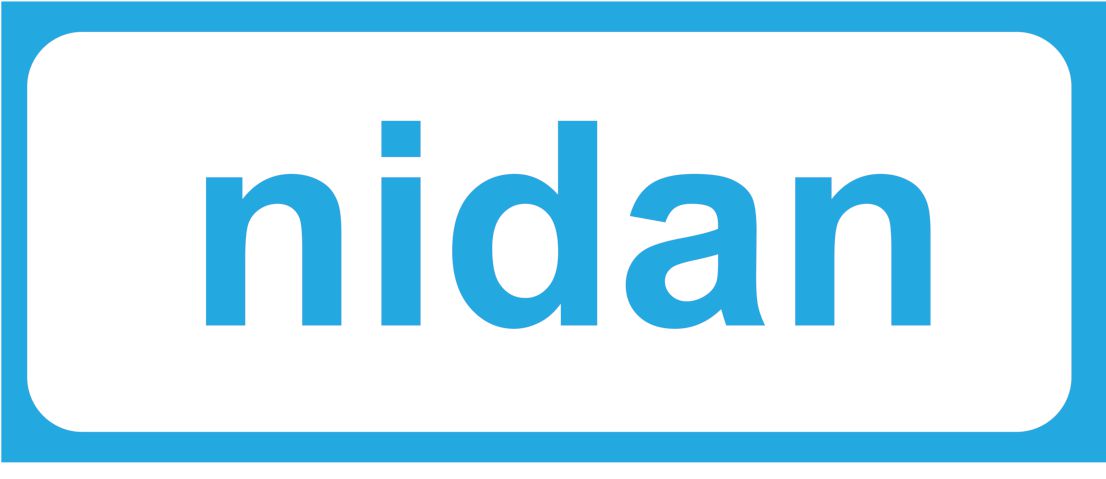Workers have all these years fighting for dignified Pay which compromises the expense and Market value for their labour. The National Minimum Wage is the minimum pay per day to which all workers are entitled to be. While in India States and Central fixes the Minimum Wage without considering a need-based assessment of informal workers.
Labour is stated in the Concurrent list which State & Central has equal rights to decide the worker’s Wage. What we put forward is the term: Fair Wage. Workers need to be involved from the grassroots level in the fixation of Minimum Wage viz Grama Sabha, Surveys and Welfare Boards. The recommended elements to be incorporated in the fixation of Wages are Market Wages, Standard Wages, and Inflation. The Government should be able to upgrade the Minimum Pay as compared to the Inflation. People are confused about the National Minimum Wage and the National Floor Wage (which is almost half of the Minimum Wage) which recommends to fixation of a Minimum Wage approved by the Central and State level.
Supreme Court in three separate rulings, has held that non-payment of minimum wages is tantamount to ‘forced labour’ prohibited under Article 23 of the Constitution. The Supreme Court holds that ‘forced labour’ may arise in several ways, including “compulsion arising from hunger and poverty, want and destitution.” (In ref. In Sanjit Roy Vs. State of Rajasthan.) Bonded Labour (1983) According to the Act, a labourer who is under obligation to pay a debt and is not able to pay the debt comes under Bonded Labour. Following the act, an Order of Payment below Minimum Wages by the state leading the workers to debt can also be considered Bonded Labour and a violation of the Right to Work. The Bonded Labour Abolition Act mandates a long process of compensation & rehabilitation if the offence/offending is identified.
Between 1985 and 2021 inflation peaked at 13.48 % in the year 1991 and the inflation hit its lowest in the year 2018 at an inflation rate of 3.55%. The average inflation from 1985-2021 is 7.5%. Current Retail price inflation in India jumped to 5.03 percent in February of 2021 from 4.06 percent in January which is below the average inflation rate of 7.5 %. All these years the price hikes and the unavailability of Social Security benefits are the prime reasons for the demand for Social Security and Entitlement of Minimum Wages as Floor Wages. The National Minimum Wage currently proposed by the Govt. of India under the Ministry of Labour & Empowerment released a notification stating the revised rates state minimum pays for unskilled workers increased to (Rural) 409 – 454 (Urban) according to the most recent review. For semi-skilled workers, the revised minimum pay will rise by (Rural) Rs. 409 – 495 (Urban) based on their location. This was initially planned to go into effect on April 1st, 2021.
Payment of Wages Act, 1936, Minimum Wages Act, 1948, Payment of Bonus Act, 1965, Equal Remuneration Act, 1976 The current market average rate of wage provided by the state is Rs. 178.44/Day which is lower than half of the unskilled labours’ minimal pay (Rs.409) published in the National Minimum Wage by the Ministry of Labour & Employment which is effective from 01.10.2022.
Most of the State governments are not following the Minimum Wages Act, they are paid half of the Minimum Wages for the work done. Entitlement of Minimum Wages within States & UTs is required to be mandated, this way only workers can prevent undignified pay by the state governments. Entitling Minimum Pay can support the informal workers to earn more and demand their pay in the field of work based on their skills accordingly.
The following are the objects behind the enactment of the above Legislation, namely. –
NIDAN is hereby putting forward the demand on behalf of informal workers that the:
- Minimum Wage fixed by the Central should be incorporated with all government-imposed schemes & States’ Minimum Wages. (State Government is only bounded to the pay scale lower than National Minimum Wage)
- National Floor Wage and National Minimum Wage should be merged.
- The recognition of workers in accordance with their skills.
